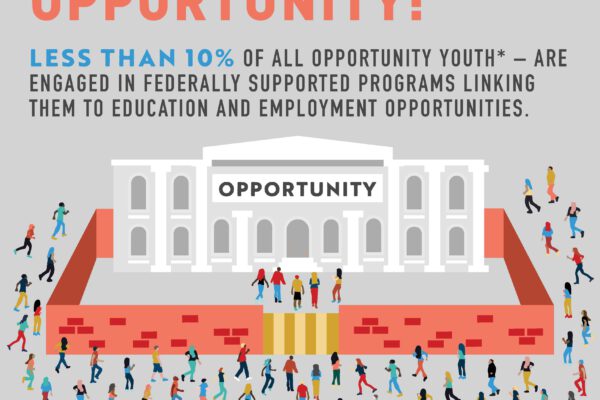Supporting Incarcerated Students With Second Chance Pell
Title: Pell for Incarcerated Students Working Group Report
Source: National Association of Student Financial Aid Administrators (NASFAA)
The signing of the 2021 Consolidated Appropriations Act canceled the ban on access to Pell Grants for formerly or currently incarcerated adults. This will provide over 700,000 incarcerated adults with opportunities to pursue postsecondary education, whether on a college campus or in a prison education program. The momentum for this policy change stems from the 4,500 certificates and diplomas awarded since the 2015 implementation of the Second Chance Pell Grant pilot program.
Incarcerated adults experience a multitude of obstacles in their pursuit of higher education, including limited access to financial assistance programs or funding; having to stop out when going through early release or transferring facilities; lack of documentation such as driver’s licenses needed to complete paperwork; and transfer credits not being accepted post-release.
The working group outlined a series of recommendations for Congress and the Department of Education, NASFAA, and colleges and universities that focus on improving cross-sector collaboration and wrap-around services for incarcerated students in prison education programs.
Recommendations for Congress and the Department of Education include:
- Ensuring institutions develop accurate and customized costs of attendance.
- Reminding financial aid advisors of their authority to override dependency status on financial aid applications (whether by individual, parent, or spousal incarceration).
- Examining options to simplify the financial aid and admissions applications, as well as identification verification processes.
Recommendations for NASFAA include:
- Providing ample professional development and training to staff in financial aid, faculty/instructors, and prison education programs.
- Creating a series of FAQ documents with need-to-know information for those assisting incarcerated students.
- Strengthening collaborations between all entities involved. One primary way to accomplish this is through research and by tracking state financial aid policies that will support advocacy efforts.
The working group also highlighted intentional communication with stakeholders, identifying gaps in services and responsibilities, and ensuring program compliance as areas of consideration for institutions. Centering on navigating the incarcerated student experience is of utmost importance. From student data privacy to discussing transfer or career options following release, it is imperative for college staff to be thoughtful and understanding of each student’s circumstances to provide personalized support, information and resource sharing, and counsel.
To learn more about additional recommendations, read the full report here.
—Tabatha Cruz
If you have any questions or comments about this blog post, please contact us.


